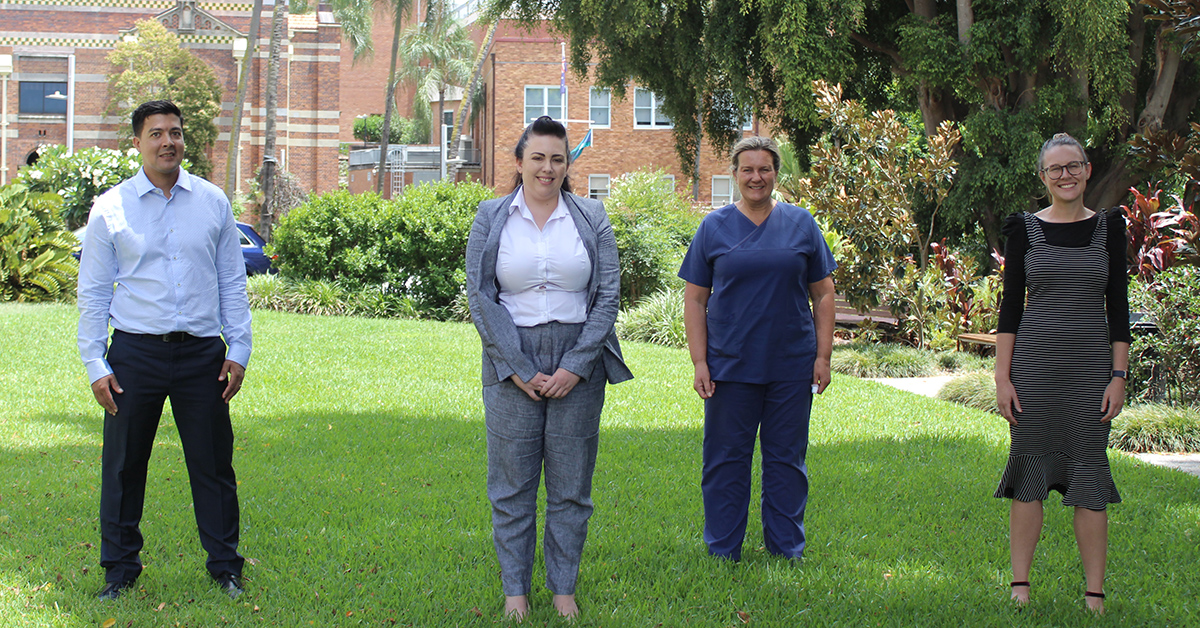During major surgery, patients can lose large amounts of blood. Traditionally blood transfusions would be given to a patient to compensate for this loss. However, there are risks associated with transfusions, including an increased chance of blood clots and longer hospital stays.
Hospital/Service Quality and Safety Manager Alana Delaforce wants to help reduce patient exposure to the risks associate with transfusion.
“One way blood transfusions can be prevented, is with adequate preparation before surgery, even when there is significant blood loss expected,” Ms Delaforce said. “Our team is working on implementing processes to increase a patient’s oxygen carrying cells in their blood, known as haemoglobin, as a low haemoglobin before surgery will increase the chance of them receiving a transfusion.”
Despite programs such as this being in existence for a long time, the uptake of them has been inconstant. Our study aims to implement a program tailored to meet Maters needs.
“On average it takes 17 years for evidence to translate to practice. I am determined to narrow this gap. An example of a gap we see locally, is the absence of an embedded preoperative anaemia and iron deficiency screening, evaluation and management pathway—or PAIDSEM-P for short—which is a recommendation of the national patient blood management guidelines.”
“It can be hard to develop targeted operation plans that are relevant. Often, we are guessing why people don’t want to use a particular process—which results in wasted effort and time.”
“However, there is a new field called ‘implementation science’, which aims to assist in identifying barriers to evidence-based practice and strategies to overcome them.”
One of five researchers to receive the Betty McGrath Grant, Ms Delaforce and her team will use the funds to implement a preoperative anaemia and iron deficiency screening and treatment program at Mater Hospital Brisbane, as recommended by the National Blood Authority’s Patient Blood Management guidelines.

The guidelines consider three key principles, or “pillars” when making recommendations: the increase of a patient's red cells before surgery, the minimisation of intraoperative blood loss and that patients are supported to tolerate blood loss rather than receive a blood transfusion.
“This program will be a ‘mixed methods’ theoretically informed interventional study, that aims to test if our method of identifying the reasons for the gap in current practices and developing solutions to fix it, is valid, acceptable, feasible, appropriate and economically viable.”
“If successful, this study will prove the efficacy of an easy to follow model that will be applicable to other health implementation problems.”
A joint initiative of Mater Health, Mater Research and Mater Foundation, The Betty McGrath Grant enables practising clinicians or other health professionals to pursue their research activity whilst allowing their departments to continue quality of care to their patients.
Want to read more success stories like Alana’s? Please visit Mater Research website and find out more.